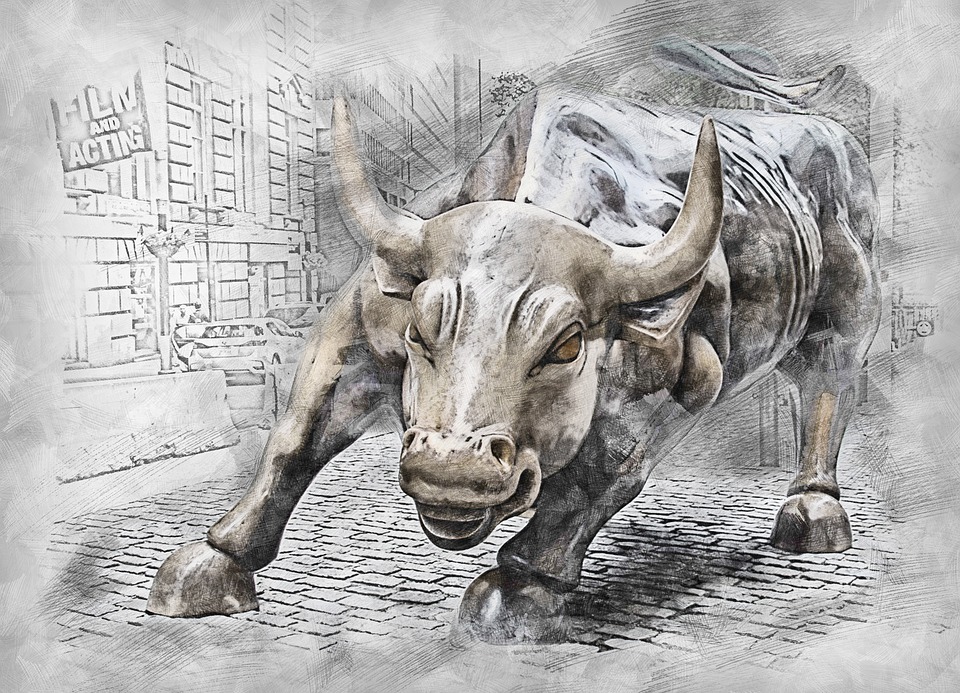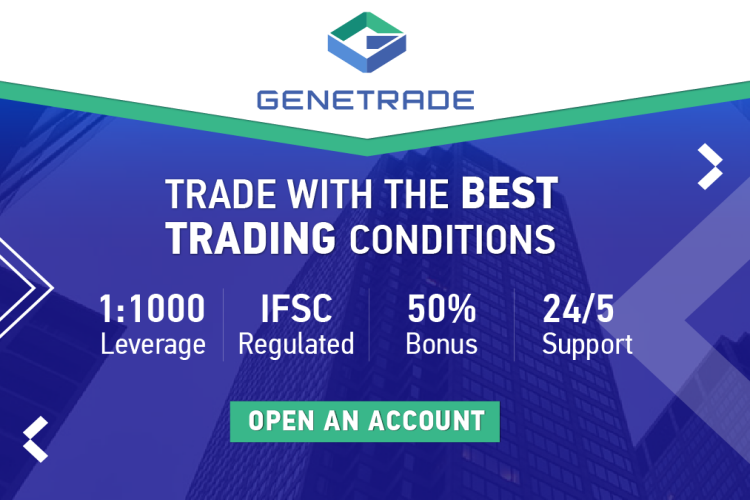How to Pick the Perfect Forex Broker
Due to stiff competition, retail traders have a tough time picking the perfect Forex broker to trade with. That’s especially true now with Internet available to everyone.
With a simple search engine check, one can find out most of the important stuff that matters for picking the right broker. However, the nature of the problem differs.
The thing is that traders rarely know what to look for. How to distinguish between a good and a bad broker?
Moreover, a lousy broker doesn’t mean it is one that will steal traders’ money. That rarely happens.
But a bad broker is one that has poor conditions, far worse than other ones in the same industry. After all, whose fault is it to pick such a broker, if not the retail trader itself?
Picking the right broker is not an easy job. A due-diligence process should end with a short-list of a few brokers to choose from.
Forex trading nowadays benefits from tremendous visibility. Football teams with millions and millions of fans around the world have sponsors from the industry.
It opens the gates to a massive number of potential clients. Plus, the industry advertises aggressively, on all possible media.
But that is normal. In a free, capitalistic economy, these are the rules of the game, and the tools are legally accepted.
In other words, the ball is in the retail trader’s court. What to do with it, is a different business.

Things to Consider Before Opening a Live Account with a Forex Broker
Opening a trading account with almost all brokers is super easy. Traders just fill in an online form, scan some ID’s, and in a few hours or less, they have access to a trading account.
Depositing money with credit card, PayPal, bank wiring, or any other digital services, is easy. Since the market is open all week, Monday to Friday, trading may start immediately.
Which, of course, is a mistake. Before trading, or even before opening a live account with a forex broker, retail traders must investigate a bit to see if the broker offers what they want.
How to know what to look for? Here are just a few considerations.
Regulation in Forex Trading
It all starts with regulation. For many Forex brokers, or most of them, it is the only way to operate.
However, the Forex trading industry suffered from bad experiences. Brokers that weren’t regulated screwed clients and the phenomena spread over the Internet, leaving many retail traders in doubt.
That’s bad for brokers’ business as well as for retail traders looking for a serious partner. Hence, the first thing to check up is for the broker to have a financial authority that supervises its activity.
Why wouldn’t it? The answer comes from costs.
A financial authority regulates brokers in a specific jurisdiction. It aims at creating a fair environment for both brokers and traders.
Brokers benefit from the trust they gain by the regulation. However, it is a costly process.
Forex brokers must respect specific rules and have a specific code of conduct. Moreover, at any one time, they may lose their license, or have it suspended if they don’t respect the norms.
But again, they gain trust. And trust matters in this line of business.
For retail traders, a regulated broker comes with a lot of benefits. The most important one is that a financial authority guarantees the broker complies with the legal norms in that part of the world.
Funds Safety
Funds deposited with a Forex broker do not belong to the broker. Instead, a good broker will hire a third party, a so-called custodial bank.
They’ll route all funds to the custodial bank. It means the broker cannot touch and use the funds for its day-to-day business activity (e.g., paying for withdrawals with new clients’ money). It’ll lead to a Ponzi scheme.
The financial authority guarantees (generally up to 50k in the local currency) the deposits too. In case something happens with the broker like it files bankruptcy and so on, the financial authority steps in, takes control over the situation and in a few weeks, traders will receive the balance of their trading account.
It has happened in the past and will happen again. When the SNB (Swiss National Bank) dropped the 1.20 EURCHF peg, it created chaos for the Forex trading industry.
Many brokers had huge troubles, with some going broke. Clients of the regulated brokers had no problem getting their funds back, even if that took a while.
Leverage Offered
The rule of thumb goes that the higher the leverage, the higher the risk for the retail trader. Brokers limit the leverage by themselves or are forced to do so by the financial authority. Around the world, limits differ.
For proper Forex trading, the broker should offer anything between 1:50 and 1:400. Or, at least it should offer the possibility to opt for lower leverage, not only for the bigger ones.
Types of Trading Accounts
Not all traders know their way into the markets. In fact, most of them don’t.
The broker’s offering should cover all types of traders. As such, it should offer various types of trading accounts. (e.g., mini accounts, to allow traders take advantage of micro-lots; ECN accounts for more experienced ones, demo accounts, and so on).
The use of a demo account might sound overrated, but it’s not. It still represents the only way to get to know the general trading conditions in a trading account: spreads, commissions, and so on.
Moreover, it allows traders to check the spreads stability during increasing volatility. But be aware that not all demo accounts reflect one hundred percent the conditions in a real one, due to the many different real accounts available.

Products Offered
Recently, Forex trading became generic. The name of a Forex broker still exists, but the entities behind the brokerage house go beyond Forex.
The stiff competition resulted in brokers looking for new and innovative ways to attract clients. As such, they increased the products offered for trading.
These days, besides the classic currency pairs (majors and crosses), a Forex broker offers CFD’s (Contracts for Difference) to its clients too. CFD’s give access to markets otherwise inaccessible, like commodities (gold, oil, silver, etc.), stock indices (DJIA, S&P500, Dax, Cac40, and so on), but also to crypto-currencies and other financial products (bonds around the world)

Conclusion
The list above should cover the funding options too. But today we live in a digital era, and all brokers offer every possibility you can think of to fund your trading account.
In fact, this sums up very well the challenges of a Forex broker. It must keep up with the changes in the industry. Or it will simply disappear.
Because technology advances so fast, brokers must keep up with them. Otherwise, traders will merely shift to the ones that do.
Transferring funds and moving trading accounts from one broker to another is very simple. With a few mouse clicks, all is done, and the broker has lost a client.
For the Forex retail trader, the perfect broker has everything discussed in this article. However, on top of all that, it must be a trader’s partner. A true partnership is the only way to build a trustworthy relationship.
Moreover, it represents the very core trait of a brokerage house. Serious traders always look for serious brokers. When they find each other, they work together towards the same goal: to make a profit, each one on its own way – one from trading the markets, the other from offering the best trading environment possible in Forex trading.


